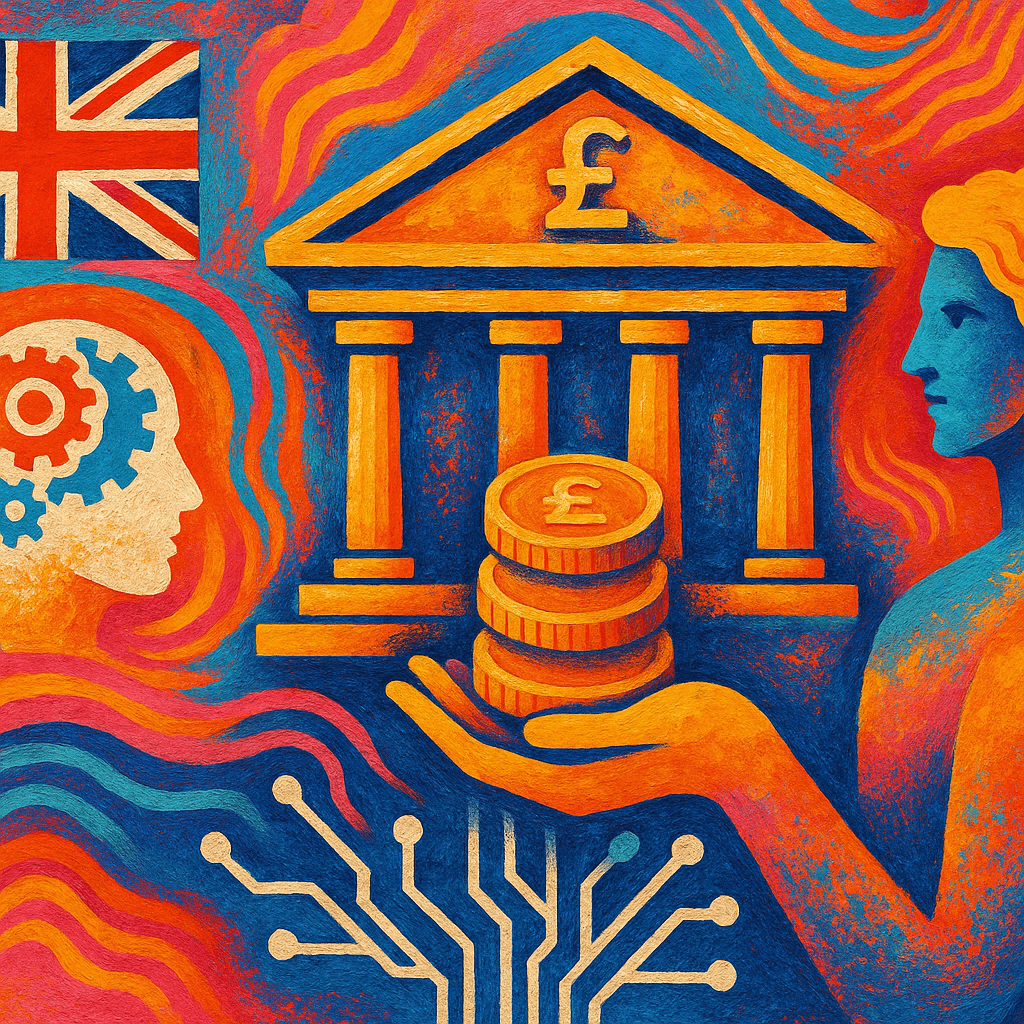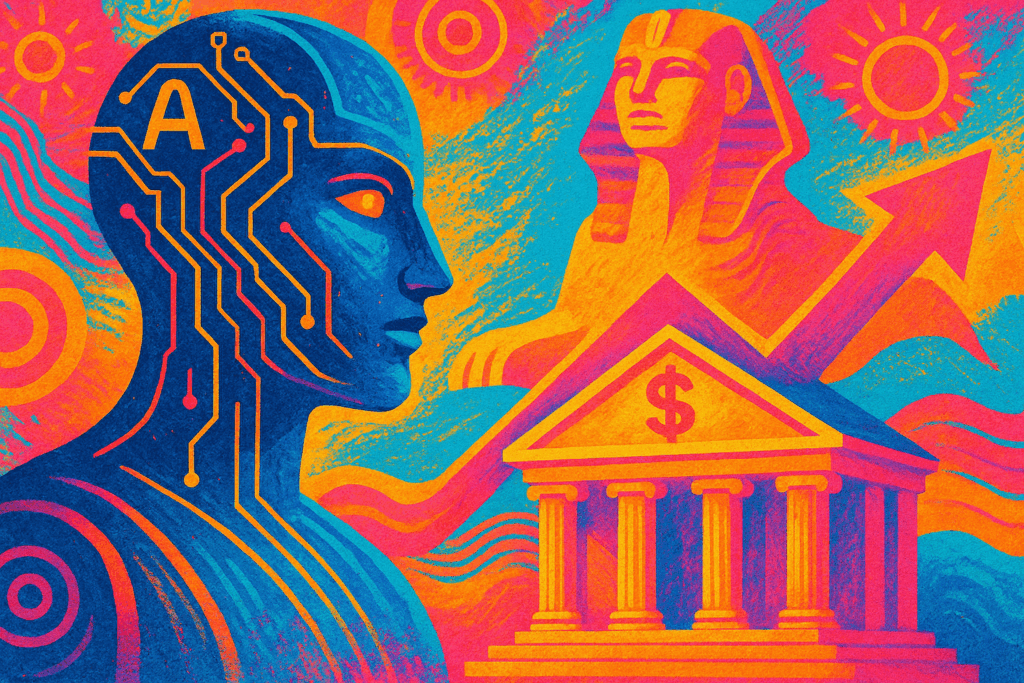AI Reshaping Banking: A Concise Overview
Artificial Intelligence (AI) is rapidly changing the landscape of the banking sector. By integrating AI technologies, banks are improving security, customer experience, and operational workflows. This article presents a brief look at the areas where AI is making the greatest impact and the road ahead for financial institutions.
Core Impact Areas
Smarter Fraud Prevention
AI algorithms analyze massive volumes of transaction data in real time to identify unusual behavior patterns. This ability allows banks to detect potential fraud quickly with higher accuracy compared to traditional methods. The speed and precision of AI-driven fraud detection tools reduce financial crime risks and build stronger trust with customers.
Evolving Customer Interactions
AI-powered chatbots and virtual assistants enable banks to provide round-the-clock support, answer queries instantly, and offer personalized product recommendations. Machine learning models help tailor banking services based on individual preferences and behaviors, creating a more engaging and efficient customer experience.
Streamlining Operations
Back-office processes, including compliance checks, loan underwriting, and account management, benefit from AI automation. This reduces manual workload, minimizes errors, and accelerates service delivery. Operational efficiency gains enable banks to allocate resources better and focus on strategic priorities.
The Future Path for Banks
As AI technology advances, its integration within banking will deepen, driving further innovation. Institutions that adopt AI effectively stand to maintain competitive advantage by delivering safer, more personalized, and cost-effective services. Continuous AI development will shape the future of financial services, making agility and digital readiness essential for banks.




